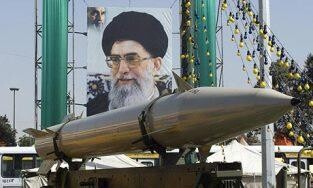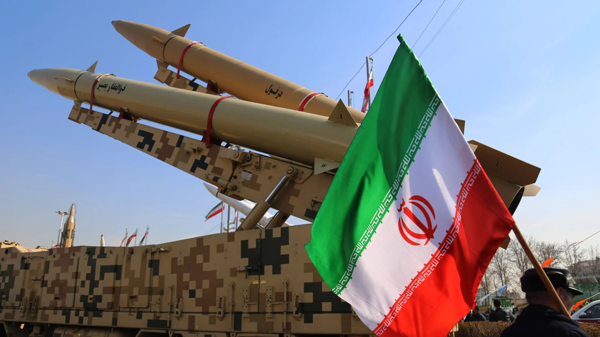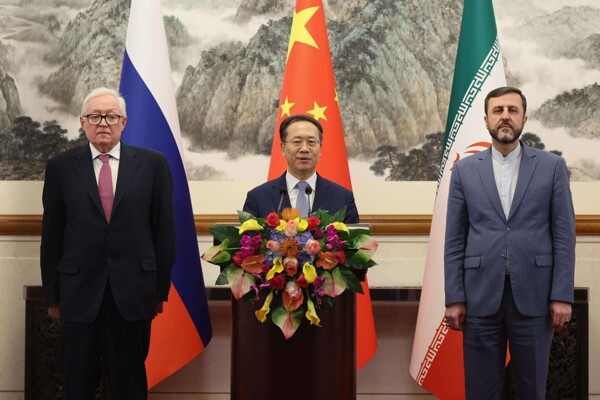
The recent decision expressed by the Iranian regime to engage in negotiations with the Trump administration and seek an agreement with Western powers has generated intense debate among international observers. From this perspective, a pact with the West is seen as a potential economic lifeline to mitigate internal pressure. Analysts warn that Iran's primary objective in seeking an agreement would be the lifting of sanctions, which could mean an injection of billions of dollars into its coffers.
Therefore, the Trump administration is urged to maintain a firm stance, based on pressure and sanctions, as the only language that, according to this perspective, the Iranian regime understands. Any agreement with Tehran is considered potentially illusory, prolonging its influence and compromising global security. Reintegrating into the global financial system and emerging from international isolation would allow Iran to consolidate its internal power and buy time to advance its nuclear ambitions, possibly waiting for a change in the U.S. administration.
The predominant conclusion among critics of rapprochement is that the Islamic Republic cannot be trusted to fulfill its commitments, as its true intentions would lie in gaining economic and political advantages to perpetuate itself in power and continue its project of "exporting the Revolution." There are fears that this would not only enhance Iran's conventional military capabilities but also its nuclear program and its arms support to actors like Russia in the Ukraine conflict.
Additionally, it is pointed out that an agreement would grant political legitimacy to the Iranian regime in the international arena, which could demoralize sectors of the Iranian population that consider it a dictatorship. The fall of Bashar al-Assad's regime, a crucial ally for Tehran, has posed a significant strategic setback, disrupting a vital corridor for supplying Hezbollah in Lebanon and affecting Iranian influence in the Levant. In light of this scenario, it is argued that Tehran would seek an agreement that eases sanctions and provides it with a breather to rearm.
Iran's internal economic situation is another critical factor. During Trump’s previous term, the combination of severe economic sanctions and diplomatic isolation had a devastating impact, particularly on oil exports, Iran's main source of income. Analysts suggest that this apparent diplomatic turn should not be interpreted as a sign of benign intentions but rather as a direct consequence of Tehran's increasing vulnerability and its urgent need to ensure the regime's survival and continue its expansionist agenda. Experts point out that the Islamic Republic is going through a period of unprecedented fragility since its establishment in 1979.
However, there is skepticism about the fate of these funds, projecting that, instead of benefiting the population, they would be channeled towards the military and ideological objectives of the regime, including strengthening its proxies – Hezbollah, Hamas, and the Houthis in Yemen – and the Islamic Revolutionary Guard Corps (IRGC). The resumption of destabilizing activities in the Middle East, directed against Israel and the United States, is a central concern if sanctions were eased. With an inflation rate reportedly reaching 40%, millions of citizens are being pushed into poverty.
This weakening is partly attributed to the significant decline of its main regional representatives, such as Hezbollah and Hamas, due to Israeli actions, and to Iran's forced withdrawal from Syria last December. Recent figures indicate that in 2024 alone, the regime executed over 900 people. This deterioration in the standard of living fuels social discontent that could lead to new uprisings, threatening the stability of the regime.













